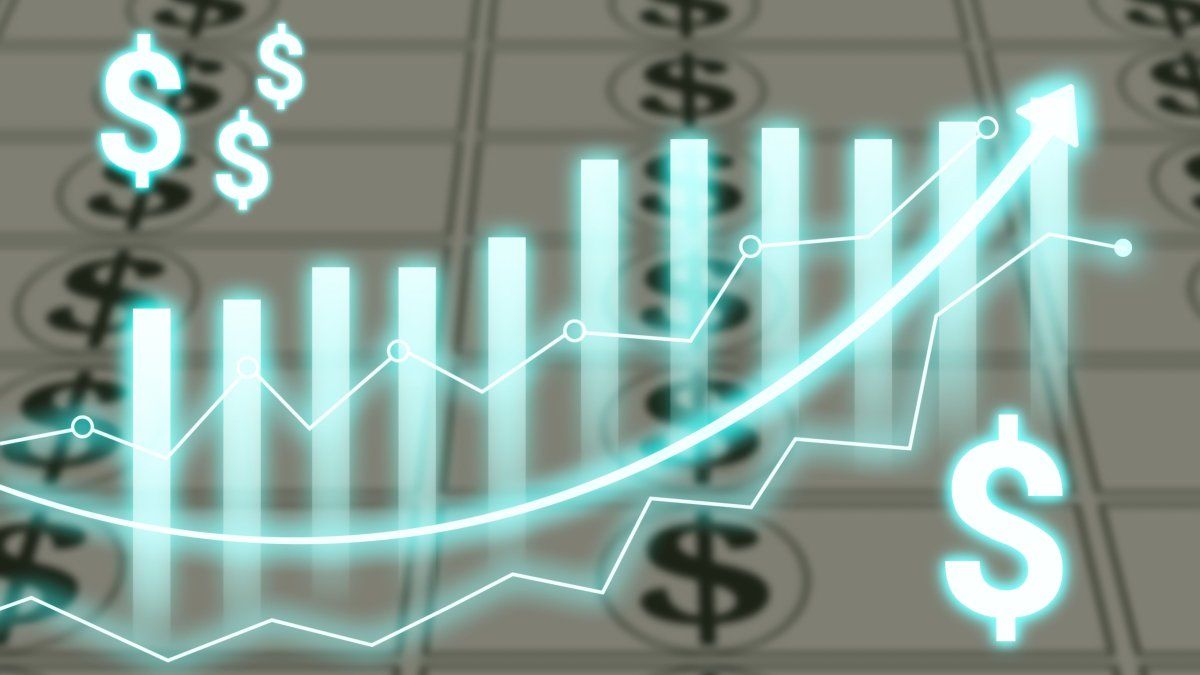Elussion is the conduct that, within the law, avoids or reduces the payment of taxes for those who carry it out. On the other hand, tax evasion is broken by legality to obtain those same results.
It’s about determining what optimal policies should be (Those who make social loss minimal) To combat criminal behaviorsand show that such policies are part of an efficient distribution of resources. Since, among other things, the economy has developed to redirect the distribution of resources. The use of an economic analysis frame can enrich the study of such behaviors.
The decision -making variables of the optimal policies studied are: the expense destined to maintain and develop the infrastructure against crime, which comes to determine what is the probability of detection and punishment of the offender, and the type and dimension of the applied sanction. This model aims to incorporate the relationships of behavior that are behind the costs of criminal behaviors, namely: the relations between the number of crimes and the cost of these; the relations between the number of crimes and the sanctions imposed; the relations between the number of crimes, arrests and sentences and the expense in police (economic) and courts (judges, prosecutors, etc.), the relations between the number of sentences and the cost of imprisonment or other types of penalties; and finally, the relations between the number of crimes and private spending on protection and detention. At this point, a new Criminal Code and a penitentiary system that meet the variables set forth above are fundamental.
RIGHT JUSTICE.JPG
The greatest fiscal pressure can generate tax evasion and tax evasion can generate greater fiscal pressure.
Pexels
In Tax Criminal Law, the need to set adequate public policies and generation of citizen awareness, which are linked to the legal consequence of the crime cannot be ignored: the imposition of a penalty.
Various are the economic causes of economic crime in general, and fiscal evasion, in particular, which is not easy to individualize and eliminate themdespite the fact that there are those who maintain that all moral justification of evasion ceases at the time the State, on the one hand, requests the strictly necessary to fulfill its obligations in favor of the public good, with things and in the manner in the way That they must be addressed, according to the circumstances of the moment that crosses social life, and asks it compatible with the contributory capacity of the various categories of the population. On the other, it makes use of the sums collected with prudence and honesty of administrative procedures and as public opinion appreciates it, so it not only has the right to force citizens with their decisions in fiscal matters, but also to stimulate them to the fulfillment of these social duties in view of the real advantages that public expenses report to the company in relation to the amount of income.
Some of the economic causes of tax evasion, which imply the breach of established parameters precedently can obey, among others, excessive tax pressure that has an unfavorable incidence in taxpayers. Likewise, a prolonged economic crisis situation in time, that cuts the production chain and there privilege economic subsistence.
Thus, there are a number of statistics and work done on the relationship between fiscal compliance, economic development and tax evasion.
With the use of numerical analysis, it is concluded that evasion decreases when there are: greater sanctions, fiscal discipline, efforts to improve monitoring efficiency and less corruption. Finally, it is established that the progressivity of the fiscal system has a beneficial impact on collection if it is deep enough. According to the work of Allingham and Sandmo (1972): Incom Tax Evasion: A Theoretical Analysis, tax evasion limits the ability of governments to obtain the necessary resources to fulfill their basic functions (education, security, health and justice) and also limits that consumers are rational and will optimally choose a portion of their income (before taxes), which they will not declare before the collecting agency.
Regarding the relationship between equity and tax evasion, an experimental test shows us a directly proportional relationship between both elements. The objective of this presentation is to analyze whether the way in which income is distributed influences tax evasion behavior. This debate being hardly resolved with empirical field evidence, we proceed to analyze the data from a tax evasion experiment in which, respecting the classical structure linked to a game of public goods, the psychological costs linked to the breach are explicitly introduced by non -compliance by non -compliance by non -compliance through non -compliance A public inspection and sanction procedure. On this common design, the level of fiscal compliance is analyzed in two treatments with resource distributions between different individuals, but of the same level of resources per group. The result is a lower level of evasion in treatment with a more egalitarian distribution of resources.
A base study of a significant sample of European countries, specifically: Germany, Belgium, Denmark, France, Great Britain, Holland, Ireland, Italy, Luxembourg, Norway, Portugal, Sweden and Switzerland, points out that, for example, for example In Belgium, the high level of existing fiscal pressure encourages the phenomenon of tax evasion. In Great Britain, the existence of legal systems that allow postponing the payment of taxes on capital income, through the use of entities domiciled in the Islands of Man and the Canal, constitute an alternative to the concealment of fiscal income. Likewise, in Germany and Italy there is a greater sensitivity towards this problem, considering that the existence of tax evasion forces the State to raise tax rates, which implies that a greater tax burden falls on the honest taxpayer and that the temptation to hide increases A part of the income.
It is a cyclical issue. The greatest fiscal pressure can generate tax evasion. And tax evasion can generate greater fiscal pressure.
The economic approach of the crime is not enough to conclude that tax compliance depends fundamentally on the consequences that detection and punishment represent for the taxpayer. It is precisely from that perspective where the institutional approach arises.
It was also concluded by some of the aforementioned works that to reduce tax evasion is necessary, among others: fiscal compliance, lower corruption and economic growth.
In short, in times that the fundamental aspect of the current public policy focuses on the renegotiation of external debt with the IMF, the macroeconomics of justice and the economic analysis of the law cannot be disheveled due to the close economy-right relationship, as thus also the importance of these aspects in the Reform project of the new Argentine Criminal Code and the Penitentiary System.
Judge of the Federal Chamber of Criminal Cassation, Doctor and Post-Director at Criminal Law UBA, Specialist in Tax Law (Argentine Center for Tax Criminal Studies), Vice President Commission Reforma Code Code Code, co-director of the Postgraduate Court in Criminal Tax Law UBA; UBA University Professor, Austral, Di Tella, former Economic Criminal Attorney General; Author of “Economic Criminal Law and the Company”; “Fiscal Fraud”; among others.
Source: Ambito
I am a 24-year-old writer and journalist who has been working in the news industry for the past two years. I write primarily about market news, so if you’re looking for insights into what’s going on in the stock market or economic indicators, you’ve come to the right place. I also dabble in writing articles on lifestyle trends and pop culture news.




